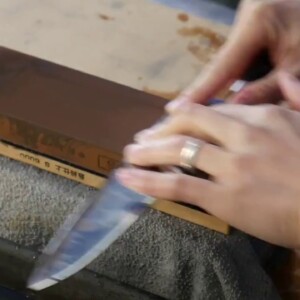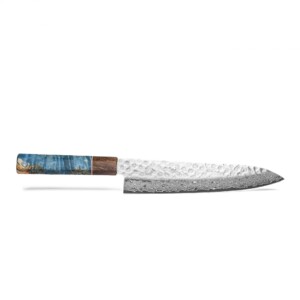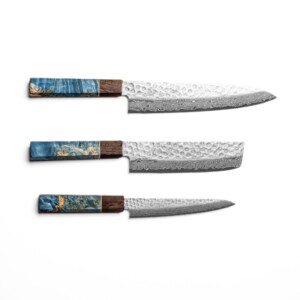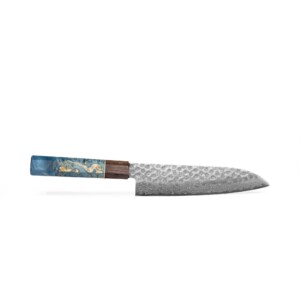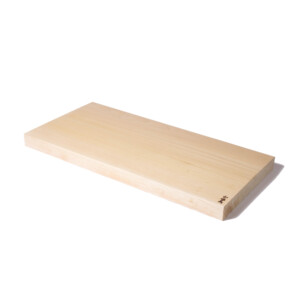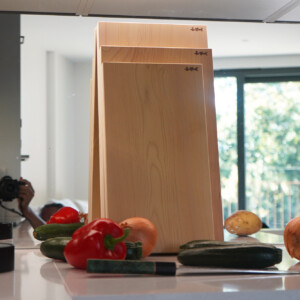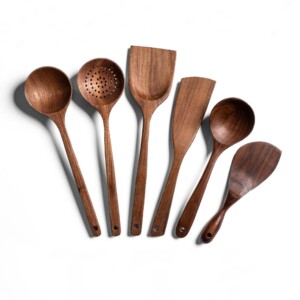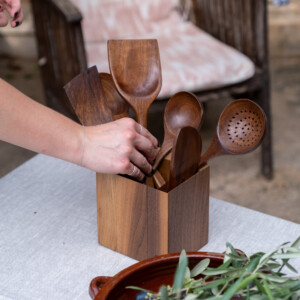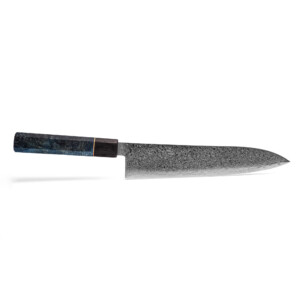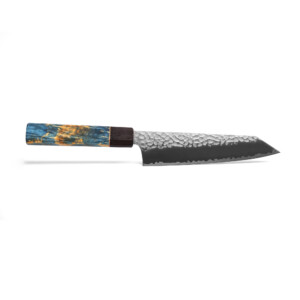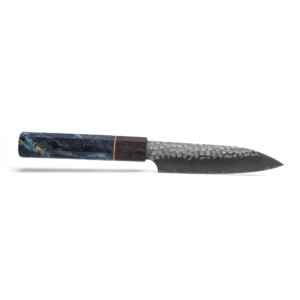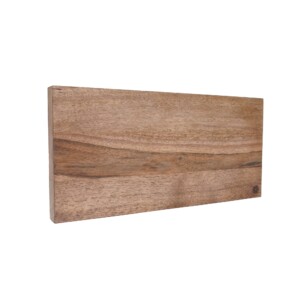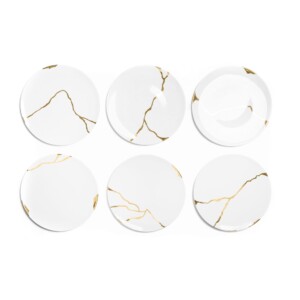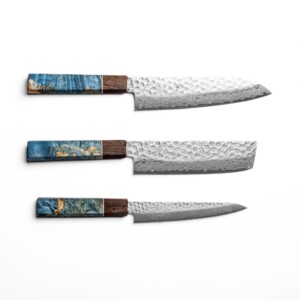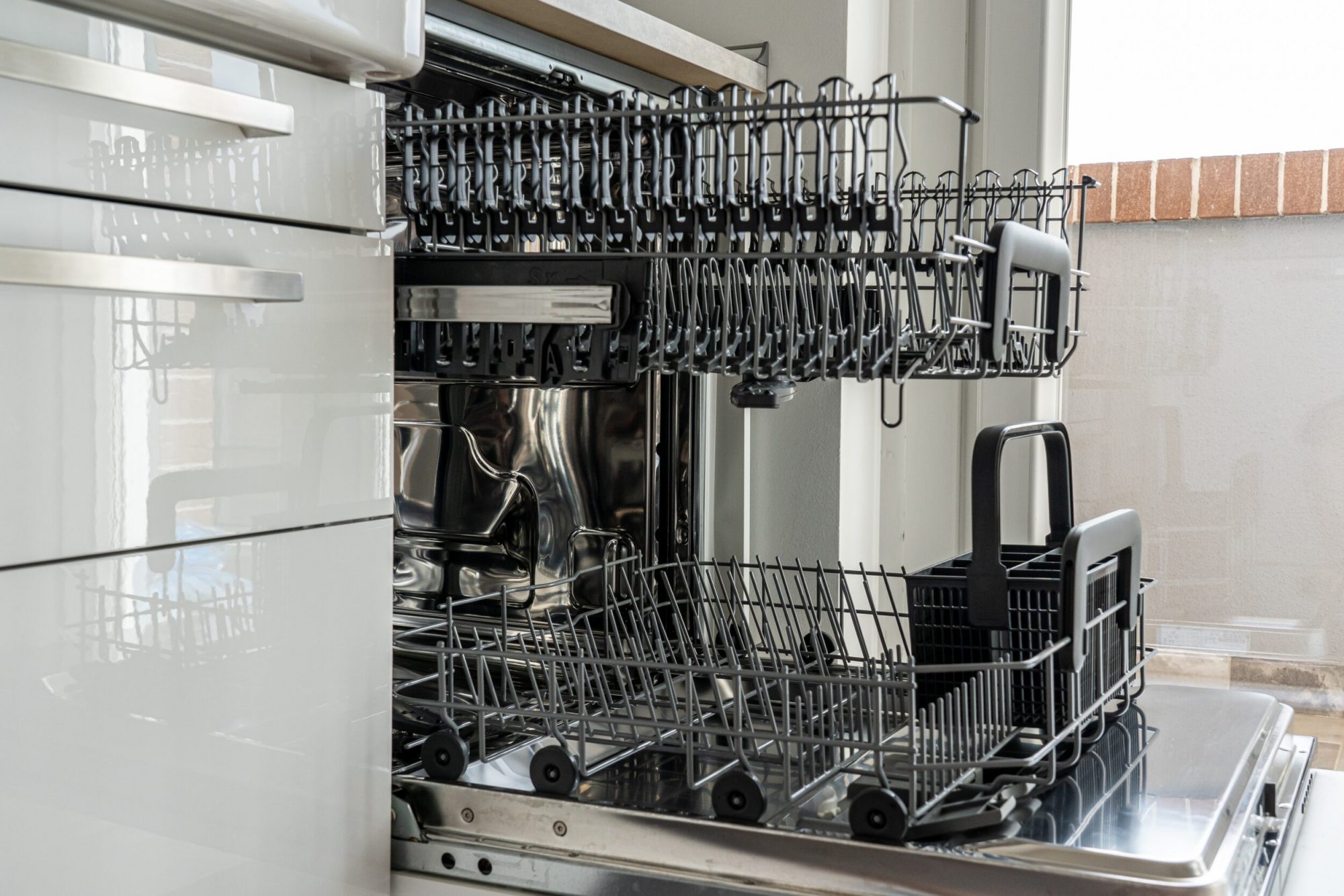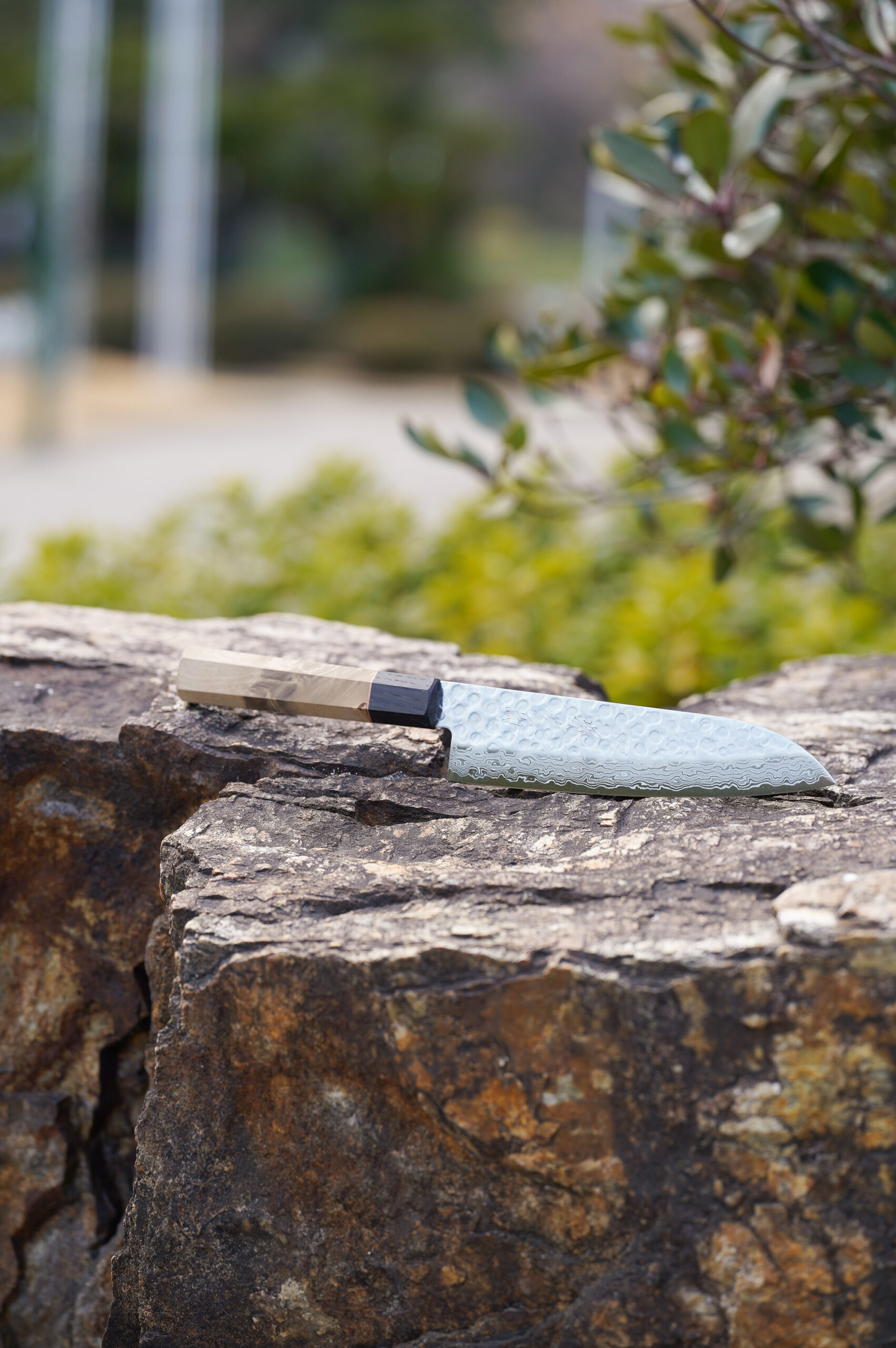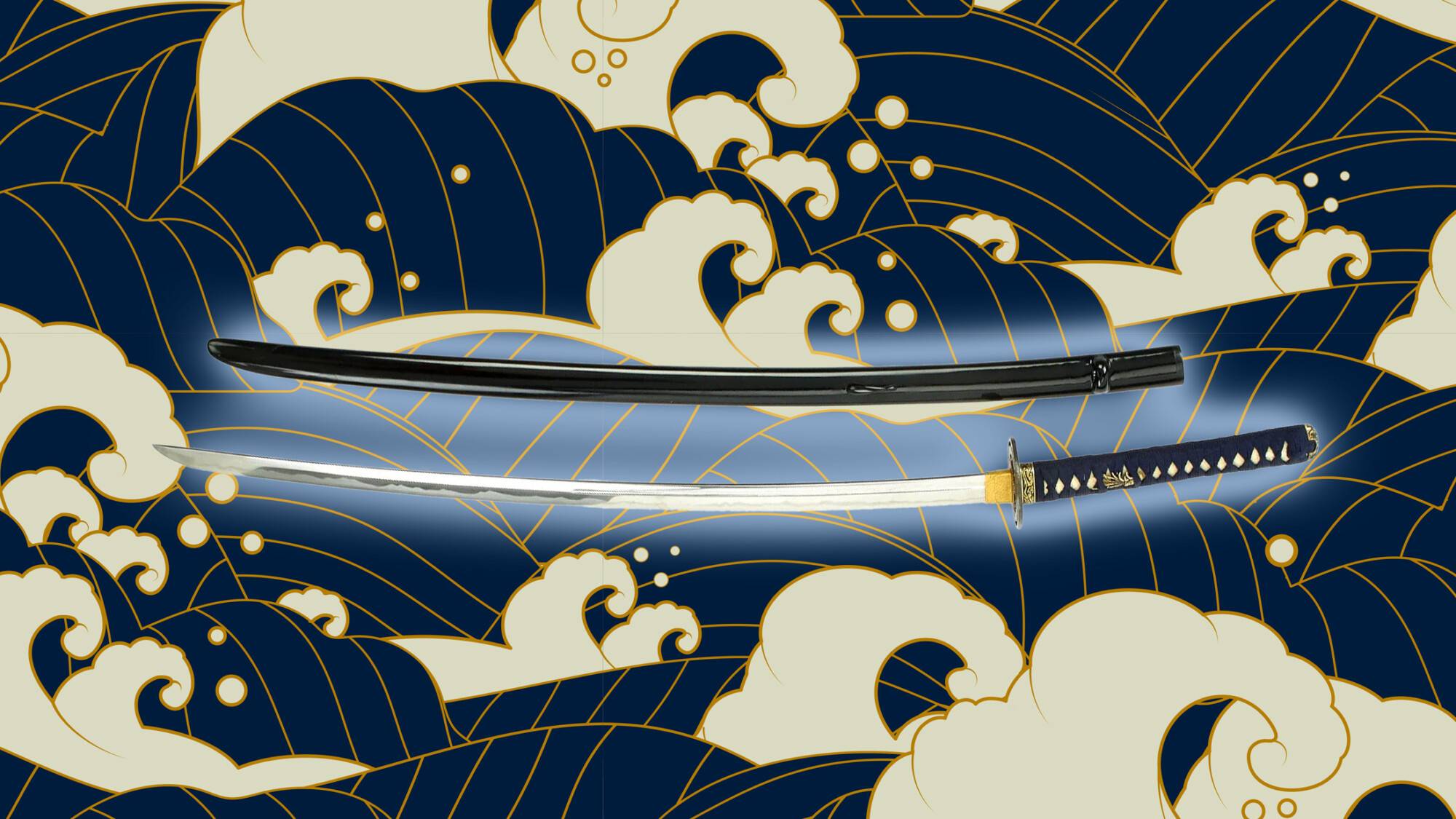As a lifestyle ethos, minimalism encourages people eschew materialistic tendencies by spending their money on experiences rather than possessions. Popularised by nomads and driven by social media influencers, it has its strong grounds in science. A 20 year study conducted by Dr. Thomas Gilovich, a psychology professor at Cornell University, reached a powerful and straightforward conclusion: You should not spend your money on things. While the happiness from buying objects fades quickly, an experience provides lasting fulfilment.
Many come to realise that real happiness comes from who we are – from who we’ve become. Real happiness comes from within.
Minimalism is not only focused on less ‘stuff’, it also promotes having joy in the objects you carefully choose to own, the KonMari method promoted by Marie Kondo’s in wildly popular cult read, The Life-Changing Magic of Tidying Up. It’s successfully applied to styles in fashion, workspaces and homewares, with a focus on objects that are both practical, timeless and of good quality.
In interior design, Japanese culture and Scandinavian design have emerged as popular influences shaped by the minimalist trend, in a hybrid style known as ‘Japandi’. It draws on the Japanese ‘kintsugi’ and “wabi sabi” principle of finding beauty in the imperfect, blended with Scandinavian simplicity – lots of space, clean lines, raw functionality and flawless craftsmanship.
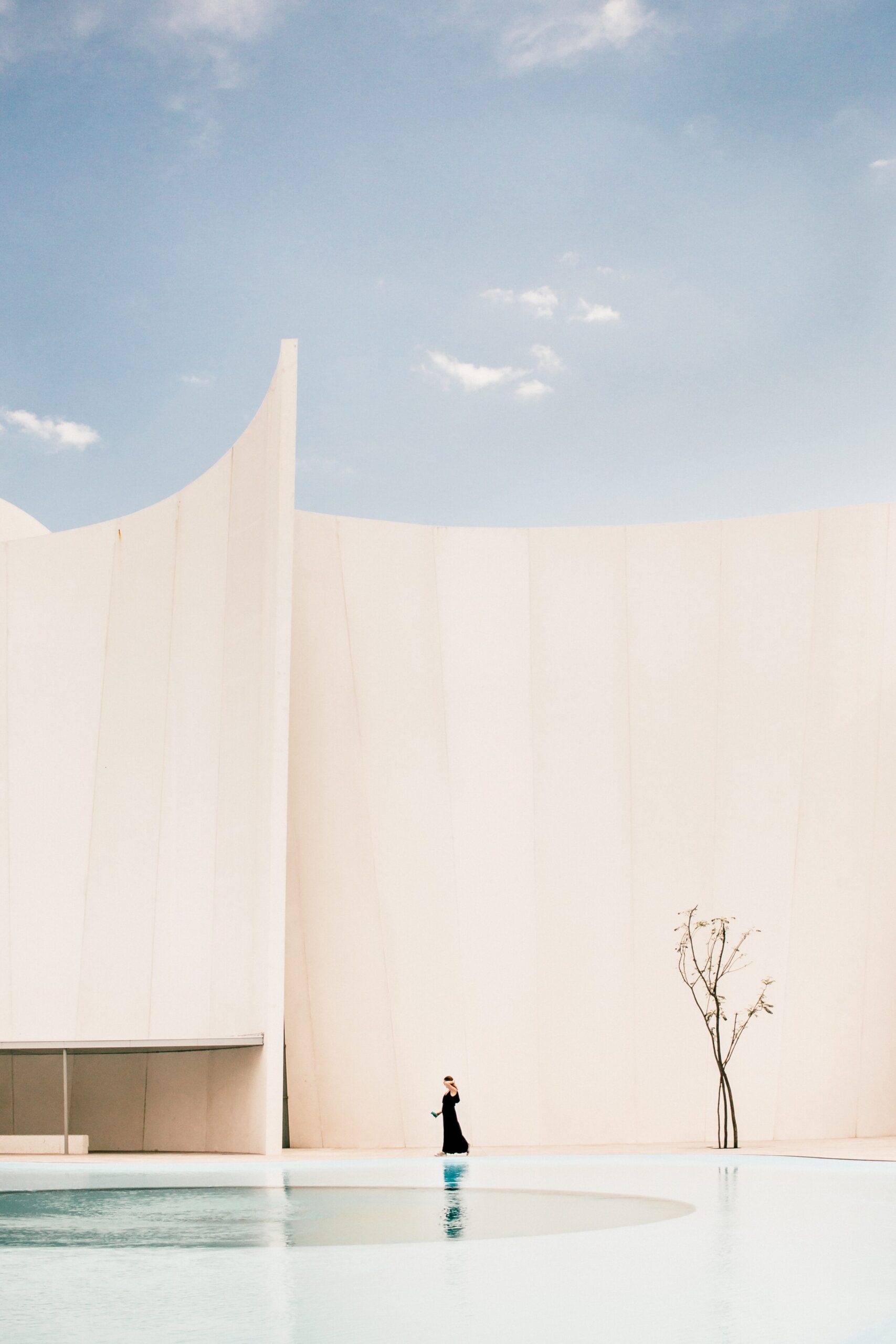
What do you value?
Minimalistic lifestyle is all about reassessing your priorities so that you can strip away any excess – being it in objects, obligations, relationships, activities or ideas – by simply asking Does this bring value to my life? Minimalism is about intentionality and deliberate choices – building your life and priorities about what matters most to you. In this ever changing, full of requirements and obligations, super fast and busy world, it’s important to recreate your freedom. To enjoy “the slow life”. Last but not least, minimalism is all about mindset and how we approach life – from big questions to everyday small choices and habits.
Let’s have a look into each of these, before diving into what does minimalism have to do with happiness and positive psychology, followed by a list of great places to find more inspiration 🙂We’ve prepared you a quick check list to make your transition into minimalistic lifestyle easier:
1. Intentionality and deliberate choices
The main question in minimalism are Do I really need this?, but also How is this adding value to my life?.
Minimalism is all about intentionality. It looks for clarity, purpose, priorities – and strives to promote things we most need, not want. It also promotes value behind each object or action, while removing everything that distracts us from it, or steals our time and energy. When we know what for we do what we do , such intentionality gives us more joy, feeling positively ‘grounded’ but also more sense of meaning. We’re sure you notice here a connection with mindfulness, slow life movement and mindful living?
2. Freedom and space
Minimalism is freedom from excessive stuff, but also freedom from need to possess. It is opposing the messages of the modern consumerism culture that promotes how a good life is found in accumulating things—in possessing as much as possible. It dares to seek happiness in other aspects of life. It puts relationships and experiences in front, it supports soul-care and listening to ourselves. And, more than anything, it puts being present in focus. Minimalism strives to achieve freedom worry and being overwhelmed, which sometimes lead to depression. Freedom from the trappings of the consumer culture we’ve built our lives around.
“I don’t say no because I am so busy. I say no because I don’t want to be so busy.” – Courtney Carver
3. Know thyself
Many cultures were prising the art of knowing yourself. The Ancient Greek aphorism “know thyself” is one of the Delphic maxims and was inscribed in the forecourt of the Temple of Apollo at Delphi according to the Greek writer Pausanias. Know thyself can simply be translated as know your limits, know your motivation or simply know yourself. By always asking the questions of true priorities and intentions – true to your – you can learn about yourself. Minimalistic approach plays a huge role here since it allows us to connect to ourselves more deeply and to hear ourselves more clearly. There is no hiding, or burying our feelings under the pile of stuff, in shopping, online world of social media, food and other distractions. By letting ourselves to feel, to notice our emotions more deeply, we learn to understand what is truly important for us and explore what is most meaningful, valuable and enjoyable.
4. Mindset more than a lifestyle

Although often people get into the minimalism by having a need to have less – less stuff, less obligations, less stress – minimalism in its core is not just external action and habits. External signs of minimalism are just the consequence of internal shift in the mindset. It is mindset of making deliberate choices in life, and one of simplifying, cutting back on the complexity of what you do and what you own.
5. It means different things to different people
Minimalism pulls out your own uniqueness. By asking What is it that matters to you most? different people, you will always get slightly different answers. What is essential and truly important will vary from person to person – and that is why now two minimalists are the same. Minimalism is not about making people get rid of clutter, or all of their possessions. It’s about constantly asking a simple question: What is important to you?
Often we try to conform to social pressure so much we neglect this very important question. But if we are not in peace with ourselves, it never leaves our mind. That’s why it’s important to check in with yourself and your mindset – from figuring out who you want in your life, to deciding how you want to fill your day. It might be about what gives you meaning or joy. Or about which food you eat, and in which way. Which habits your build. What has an impact on the lives of those around you, or your community. Even when you don’t find a definitive answers, just the start of exploring this question can be a huge shift in your life.
It can mean moving from the usual way of doing things to one that is more conscious, intentional, curious, more focused on what makes you alive.
Exploring the link between minimalism and happiness
There are countless benefits of minimalism to your life. It lowers stress, saves money, in simple ‘materialistic’ ways it means less cleaning and maintaining. It gives more time and space for enjoyment. More clarity, focus and time for creating, for loved ones, for “me time”, for doing the things that give us joy. It is also more sustainable and offers more time to focus on healthy habits. Your life finally feels more organised.
Here we explore the most important links between minimalism and happiness:
Minimalism and nature
Being in harmony with nature, jumping out of the rat race of consumerism is probably a priority to most people. More quality time spent on activities and with people whose company we truly enjoy, and less stress created by taking care of our possessions all significantly contribute to our feeling of freedom, joy, playfulness, serenity and many other positive emotions.
Minimalism and positive relationships
Last but not least, by less attention to stuff, we give more attention to our relationships. This part of our life also becomes more intentional, but also more relaxed and with more time and space to spend with amazing people in our life.
Minimalism and mindfulness
Minimalism both starts with mindfulness – asking ourselves how do we want to live every moment in our life and asking that questions from moment to moment – but it also creates much more space for mindfulness. It is all about slowing down, reflecting and noticing our priorities and wishes, and being fully present in those few things that we choose to dedicate our time and life to.
Minimalism and meaning
Minimalism makes you search for a meaning of anything you do – by asking What matters most?, What is most valuable for me? and How do I want to spend my time/life? to uncover more about what is truly meaningful for us, but then it also creates space and time to spend it into most meaningful activities. Even though “getting rid of stuff” sometimes get more of attention when talking about minimalism on a superficial level, meaning is really in the core of minimalism.
What is your take on a link between minimalism and happiness? Have you started implementing minimalism to your lifestyle? If yes, what is your own way of minimalism, what are the principles that appeal to you most and that you are using in your own life? Do share your thoughts in comments section. Ps. And don’t forget to follow our Instagram and Facebook page.

